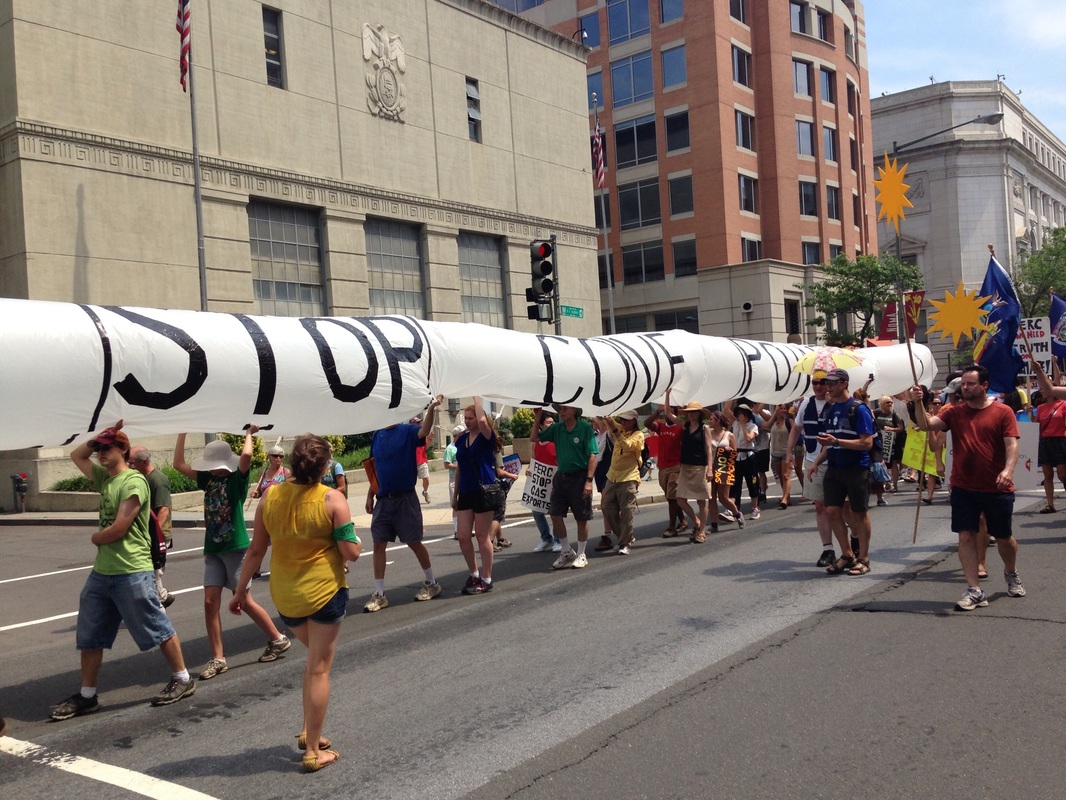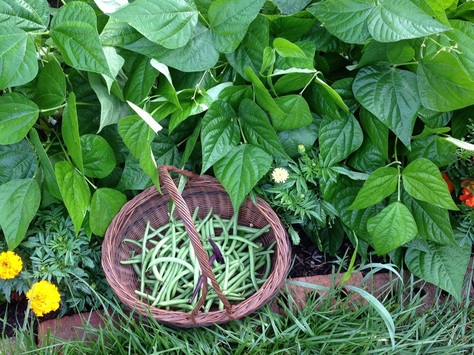Fights are going on against all of them, and, even when victories are won, environmental victories are always temporary, until the next proposal comes along to rape and pillage the planet for profit. (Sorry, I couldn't resist the alliteration, and it's true.)
Still, it's worth noting some positive signs along the road.
Mountaintop removal coal mining in Appalachia destroys the land, fills valley streams with the "overburden" of rocks and dirt, pollutes both air and water, destroys the habitat of native species, and, according to some studies, likely leads to big increases in both cancer and birth defects among humans. Another recent study shows that many fish species have disappeared from area streams, and link that disappearance to mountaintop removal mining. While all this is bad news, the good news aspect is that as proof mounts about the utter destructiveness of this practice, there's more hope of stopping it.
The Keystone XL pipeline to carry tar sands from Alberta to Texas is still on hold, three years after it was supposedly a done deal. The latest news is that construction permits across both Nebraska and South Dakota have expired, leading to more delays until perhaps (opponents hope) TransCanada may decide to give up on this particular project.
Another pipeline is in the news. On July 21 the South Portland, Maine, according to Grist, the city council voted 6-1 "to approve the Clear Skies Ordinance, which will block the loading of heavy tar-sands bitumen onto tankers at the city’s port. The measure is intended to stop ExxonMobil and partner companies from bringing Albertan tar-sands oil east through an aging pipeline network to the city’s waterfront. Currently, the pipeline transports conventional oil west from Portland to Canada; the companies want to reverse its flow."
Of course the city expects to be sued, but good for them for taking a stand. And it will delay the project and raise the cost of doing business.
I covered the original protest in South Portland on a frigid day in January 2013. You can listen to my Free Speech Radio News story or read about it in In These Times here and here.
Finally, another proposal to build a liquid natural gas (LNG) export terminal in southern Maryland is moving ahead quickly, so the Chesapeake Climate Action Network organized the first-ever protest outside the Federal Energy Regulatory Commission (FERC) on Sunday, July 13, where over a thousand people wound through the streets of Washington, D.C. with a long "pipeline" and other representations of dirty and clean energy (as depicted above). That was followed the next day by a civil disobedience action blocking the entrances to FERC in which two dozen protesters were arrested. They said FERC has never met a big natural gas project it doesn't like, and that this one would greatly increase fracking in the Marcellus Shale states of Pennsylvania, Ohio, West Virginia (and New York and Maryland, if the industry can overcome the moratoriums in those states). You can listen to/read my story about it for Free Speech Radio News here. And click here for one of the speeches at the rally by Sandra Steingraber, a scientist and anti-fracking activist, who talks about the dangers and extreme climate impacts of LNG.


 RSS Feed
RSS Feed
